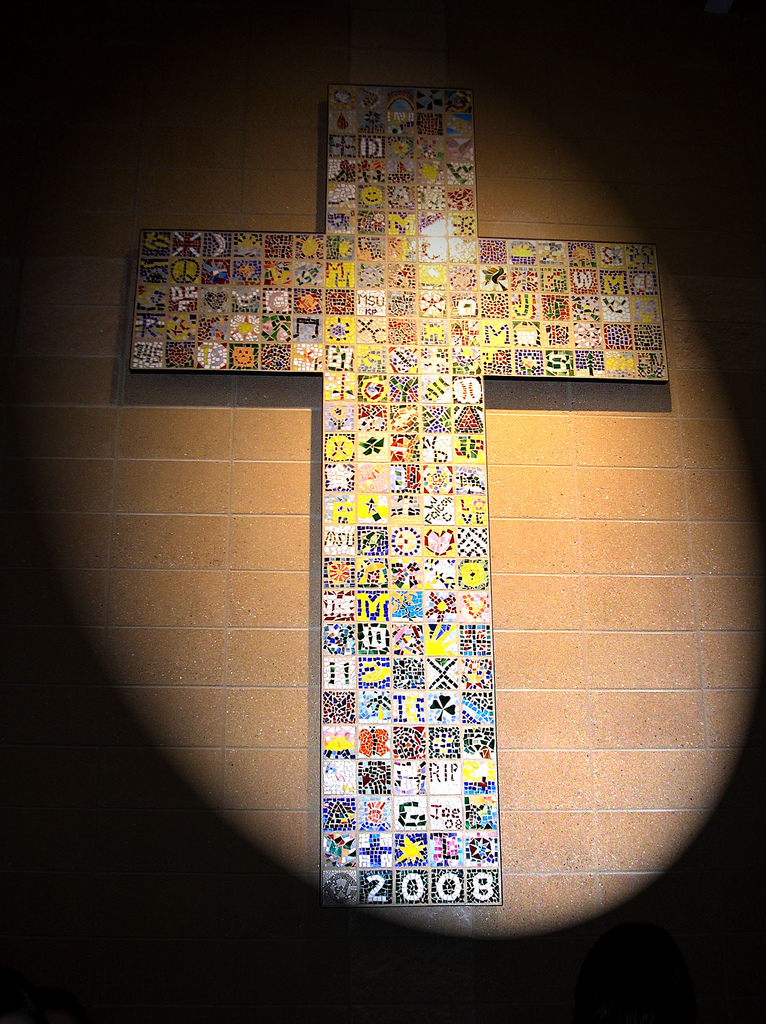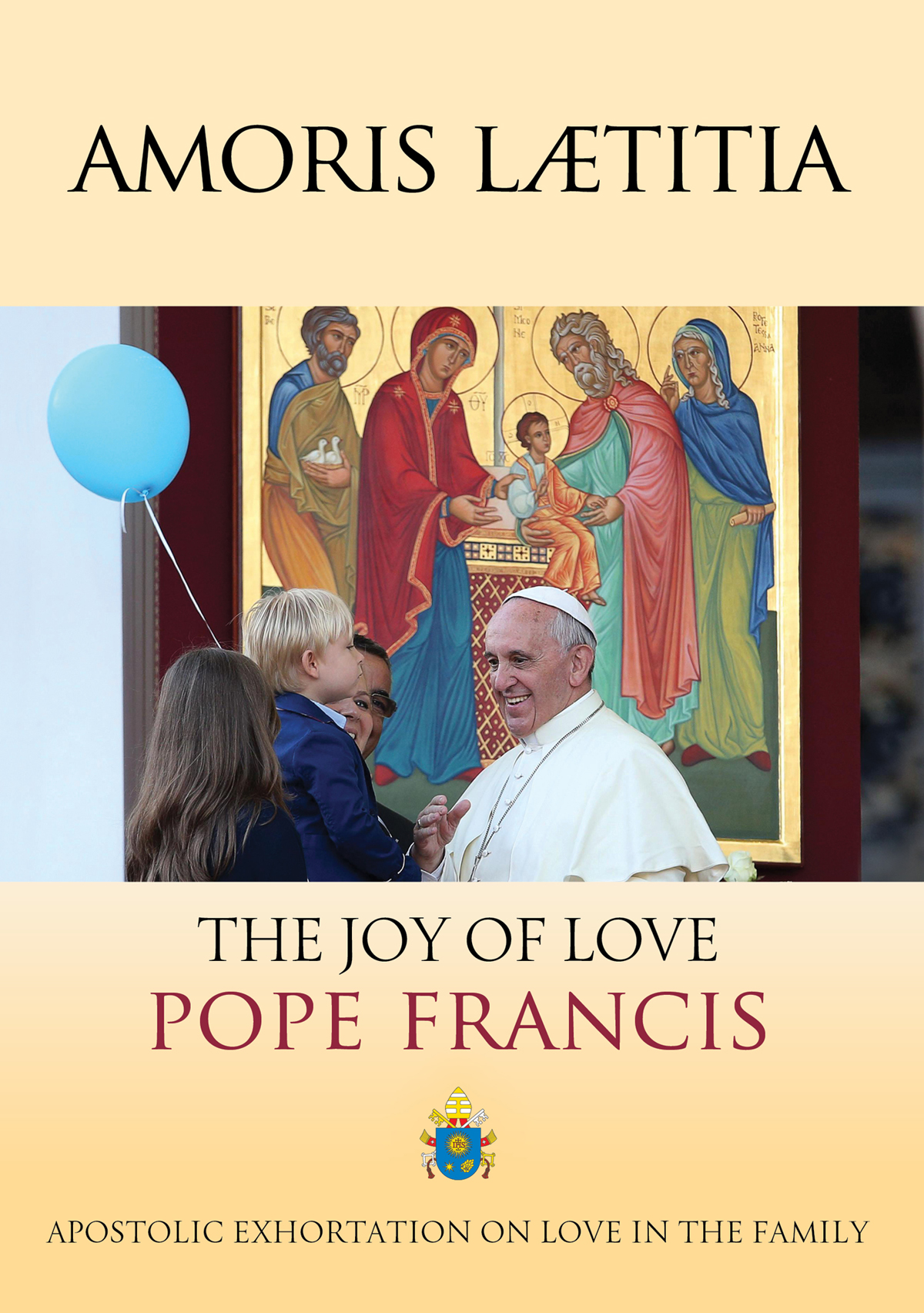When I noted that I was assigned to write a post for this week, I was going to write a post about the top 5 things that ethics teachers ought to think about at the beginning of the year. Maybe that’ll be a post next week or next semester.
But other events have come into play – namely the publication, from many media outlets, of the grand jury investigation in Pennsylvania over the 300 (300!!!) priests who have credibly abused people in the past 70 years. More than that, there is the clear indication that bishops deflected alarms about the abuse.
This, of course, follows on the heels of Theodore McCarrick, former cardinal, who has been accused of a great many instances of abuse himself – this despite the fact that he also appeared as a champion of the cause of shedding light on the church’s sexual abuse patterns, and advocating for new ways forward.
I am livid about all that has come to light – just as I have been livid for years, each time a new abuse allegation comes to light, whether in the US or abroad. I am not alone in feeling this outrage.
I am especially livid about relative lack of good responses from the bishops including this letter from the USCCB.
Allegations have surfaced so often, I now have a go-to mental list, to remember things like the following:
- Prayers for the victims of these offenses. How horrible, horrible, horrible, this is – especially at the hands of people who are supposed to be spiritual advisors.
- Most people are not sex offenders, even though it feels that way sometimes. (Again – 300! priests!). (And add to that the sex abuse allegations from #metoo, OSU, the Olympic Committee and many other organizations, and it’s just everywhere.)
- Where do we go that isn’t filled with abuse?
- The church is not only its priests or its hierarchy. Not all priests do these things; many are amazing men of God.
- Lots of people do amazing good in the church.
- Let’s remember due process and “innocent until proven guilty” is the standard of law.
- Prayers for the victims. So many victims.
The thing is, the mental list is not enough. There are truly evil things afoot in the church. They do not spread the light of Christ.
What do we do in times like these?
My reaction is usually to reflect on our history, to see when and where else we have behaved evilly, and to see how God calls us to respond (because we have, and we do). In this case I think of the following:
- Nehemiah 1:4-7 : where Nehemiah realizes just how far the people of God have strayed, and does acts of repentance.
- Reformations of the church – I am thinking of the 12th century reforms as well as those of the Protestant/Counter-Reformations. There was penance, there was house cleaning, there was a springing up of monasteries and other institutions that reformed, in order to conform themselves more to the light of Christ.
- The recent resignations of the bishops in Chile.
I believe that we, too, are called collectively to an age – I suspect a long age – of repentance and reform. I do not know what that means. But I think it is necessary, for all of us, and in different ways. I think some of us will have more of a task of reform, related to teaching about sex and sexuality. Perhaps those reforms might come, in part, via communities of renewal like Focolare or Catechesis of the Good Shepherd or Community of Sant’ Eggidio.
The thing is, I write this, and I know – sexual abuse, physical abuse, emotional abuse, and more, may show up there as well. Again, it’s everywhere. I also think: how to keep going is not to let the darkness overtake it all, but to consistently, again and again, speak of light and truth everywhere that we are – and most especially in our churches.
And I think that to start, those in power ought to be making much greater statements, perhaps like these:
- Pope Francis, we collectively tender our resignations.
- We call for a broad-scale investigation of sexual abuse committed in the United States. (Similar to the call in Australia)
- We call for broadening the statute of limitations.
- We repent. Publicly.




